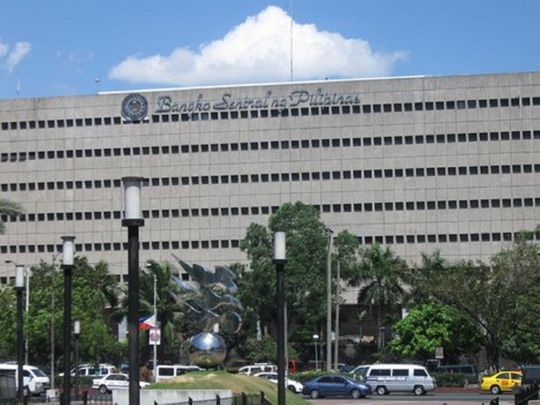
The Philippine central bank is intervening in the foreign-exchange market to limit volatility in the peso, Governor Benjamin Diokno said.
"Now, that it's more than 51 - approaching 51.50 - we're participating a little bit," Diokno said in an interview on Tuesday, referring to the number of pesos per dollar. "That's only because we just want to temper excess volatility."
Emerging-market currencies are under pressure as the risk of more aggressive policy tightening by the Federal Reserve boosts US yields and lifts the dollar. The peso slid to 51.45 on Monday, the lowest in almost two years, and traded around 51.15 on Tuesday.
Bangko Sentral ng Pilipinas is 'very comfortable' with the peso at a range of 48 to 53 per dollar, Diokno said. When the currency was approaching 48 to 49 per dollar, the central bank was buying the greenback, he said.
"Our policy has always been, we let the market determine the exchange," Diokno said. "And we only participate in the market to temper excess volatility."












